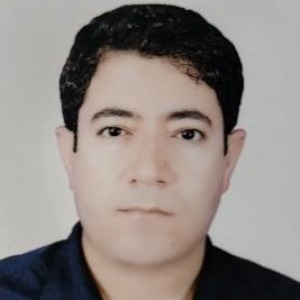Limongi Tania, University of Turin, Italy
Will be Updated Soon...


Will be Updated Soon...

We are groping in the dark of the vast science of the cell, thinking we have uncovered its deepest truths with the help of observations and measurements. But what if these tools are unable to give us complete and real information about the cell? In attempting to address this impo [....] » Read More
Title : Renewed novel biotech ideas, with bioreactor bioengineering economic impact
Murray Moo Young, University of Waterloo, Canada
While biofuels, biomass, renewable energy, climate change, and other related topics are popular these days, rarely realistic strategies have been proposed. The favorable economics of petroleum continues to drive global traditional industrial manufacturing and vehicle transportati [....] » Read More
Title : Improving health in over 40,000 patients: The impact of nanomedicine fighting antibiotic resistant infections
Thomas J Webster, Brown University, United States
Will be Updated Soon...
Title : Comparative study of endo-?-1,4-mannanases from novel bacterial strains for the production of galactomanno-oligosaccharides
Shruti Saini, National Agri-food and Bio-manufacturing Institute, India
Prebiotics are compounds including sugar polyols, polysaccharides and oligosaccharides, and resistant starches, and fibres which are non-digestible and should not absorbed by Gastro-Intestinal tract (GI tract). Galactomannan is a polysaccharide which is made of linear mannose c [....] » Read More
Title : Advancement in dual lateral flow immunoassay design for sensitive, rapid detection of rotavirus and adenovirus in stool samples
Ayan Ahmed Isse, Genexus Biotech Company, Somalia
Molecular biotechnology continues to redefine point-of-care diagnostics by integrating advanced biomolecular recognition with nanotechnology-based detection systems. This study presents the development of a Dual Lateral Flow Immuno Assay (DLFIA) for simultaneous detection of rota [....] » Read More
Title : Diversity analyses of microbial communities in Armanis gold-polymetallic mine and acid mine drainage: Bioremediation
Anna Khachatryan, SPC Armbiotechnology of NAS of Armenia, Armenia
Environmental pollution is among the most critical environmental concerns. Acid Mine Drainage (AMD) is considered to be one of the significant challenges that causes environmental damage worldwide. AMD is highly acidic and contains high levels of heavy [....] » Read More